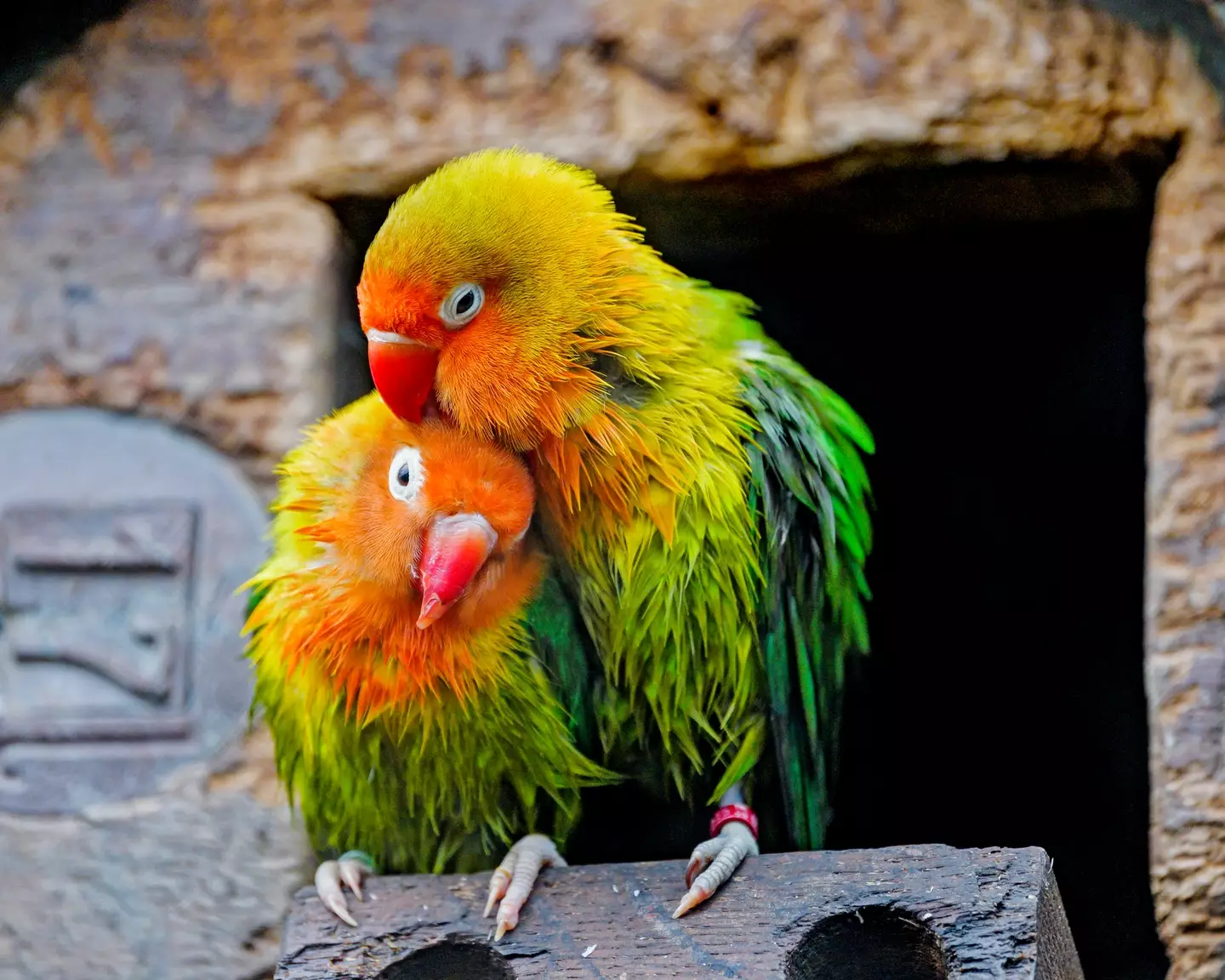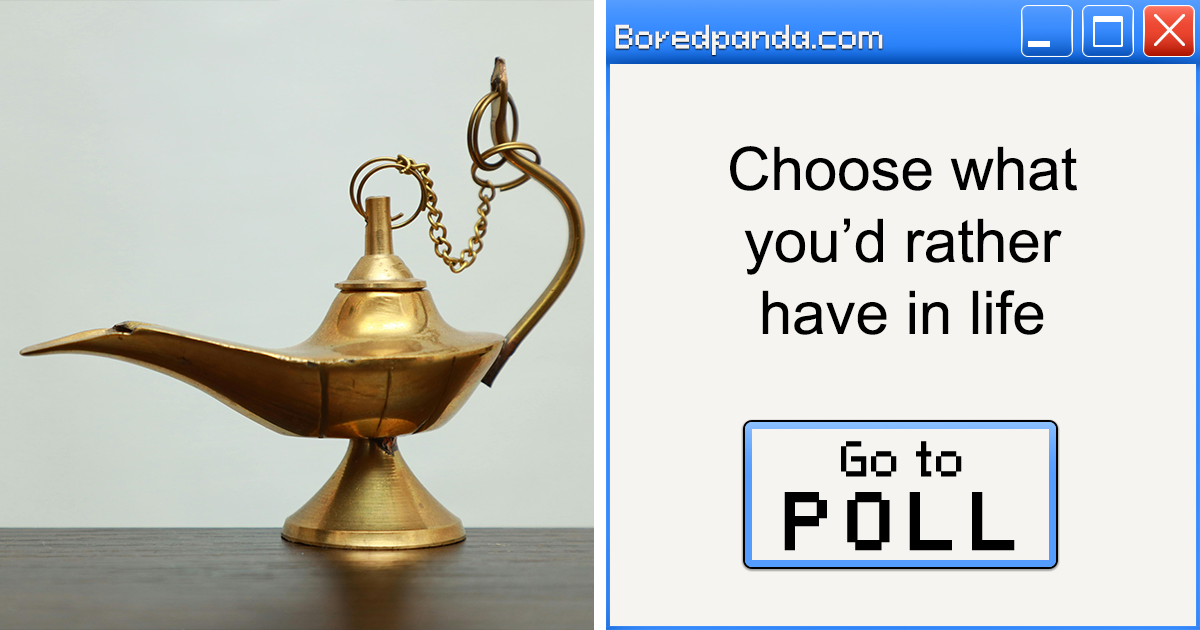Is Your Relationship Doomed? The Shocking Truth Behind the Viral ‘Bird Theory’ Test Revealed!
So, here we are—once again scrolling through TikTok, and bam! There it is: the “bird theory” relationship test crashing the party. You point out a bird or drop a little bird tale, and if your partner leans in with curiosity, congrats—they “pass.” But if they brush it off, well, they’re “failing.” Sounds like a quirky little game, right? Except, this isn’t just birdwatching for lovebirds; it’s rooted in the Gottman Institute’s idea of “bids for connection”—tiny moments that supposedly reveal everything about a relationship’s health. Now, here’s where it gets tricky—is this TikTok trend helping couples tune in, or is it just ruffling feathers and stirring up unnecessary paranoia? I don’t know about you, but I’m wondering if we’re about to dissect every bird sighting instead of just talking to each other. LEARN MORE
A new relationship test is going viral on social media, such as TikTok, but is the ‘bird theory’ causing unnecessary problems?
While doom scrolling, you’ve probably seen creators testing the bird theory on their partners to see if they’re really into them.
One of the hardest things, particularly when you start a new relationship, is knowing if the other person likes you as much as you like them.
And so, TikTok’s bird theory is a viral dating trend where one person points out a bird, or shares a story about one, and their partner either ‘passes’ by showing genuine curiosity, or ‘fails’ by being dismissive or uninterested.
This test draws on the Gottman Institute’s concept of ‘bids for connection’, which suggests that how partners respond to small moments of engagement can predict the overall stability of their relationship.
But could this trend be doing more harm than good?

The ‘bird theory’ test is going viral on social media apps like TikTok (Getty Stock Images)
What does it mean if you fail the ‘bird theory’ test?
Lorraine Adams, a dating expert with 25 years of experience, says placing too much importance on the results of the bird theory test can be particularly dangerous in long-term relationships.
The founder of Gorgeous Networks, which claims to have introduced the speed dating concept to the world in 2000, said it’s completely fine to fail the test, as long as you communicate effectively.
“If you’re in a really good relationship and you just communicate, and you can say, ‘I’m sorry, I’m not present at the moment. I’ve got so much going on. I didn’t actually hear what you were just talking about’, then it’s fine,” Adams said.
The London-based professional said these sorts of social media terms are ‘creating paranoia’ and are making a big deal out of normal things.

Lorraine Adams has 25 years of experience in the dating industry (Supplied)
“The problem with social media is that it’s kind of given people a platform to almost diagnose or label everything. So, you know, if somebody doesn’t text back quickly enough, it’s breadcrumbing,” she said.
“If somebody seems a bit off one day, they’re gaslighting you. If somebody has a bad day or they don’t show affection in the way you expect, suddenly it’s a red flag.
“People are now hyper-analysing every tiny thing instead of just communicating. They’re jumping to conclusions based on what they’ve seen on TikTok or Instagram, rather than what’s actually happening in their own relationship.”

The bird theory can have some potential drawbacks (Getty Stock Images)
When can the ‘bird theory’ test be useful?
Despite the drawbacks, however, Adams admits that it can be good for younger people in newer relationships to get a sense of how attentive their partner is.
She said: “If you say something small or share a moment and your partner engages — that’s a sign of connection. It shows you’re being seen and heard, which is really important. It’s nice when couples take notice of those little things — it means they’re still present and interested in each other.
“If it’s used in a light-hearted way, as a bit of a check-in to say, ‘Are we really listening to each other?’ then that’s a good thing.”
She notes that ‘it only becomes a problem when people start using it as a test, or a reason to overthink’.
“Not everyone’s always going to respond — life happens, people are busy, distracted. That doesn’t automatically mean the relationship is broken. In moderation, it’s actually quite a healthy reminder to appreciate small moments. Just don’t weaponise it,” Adams warned.




















Post Comment